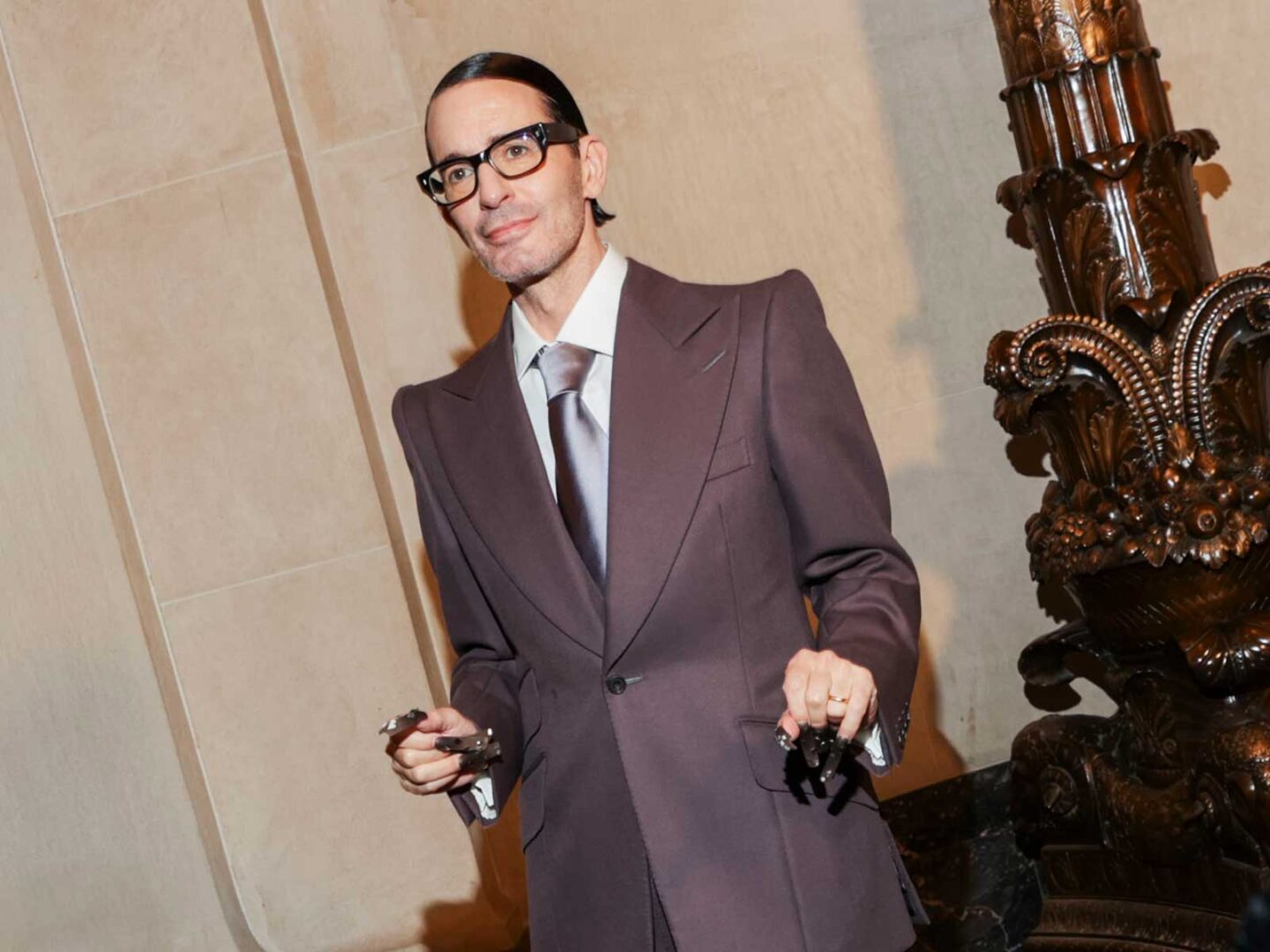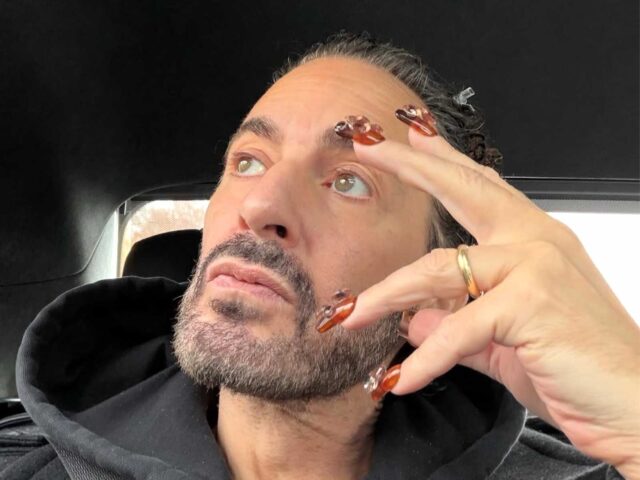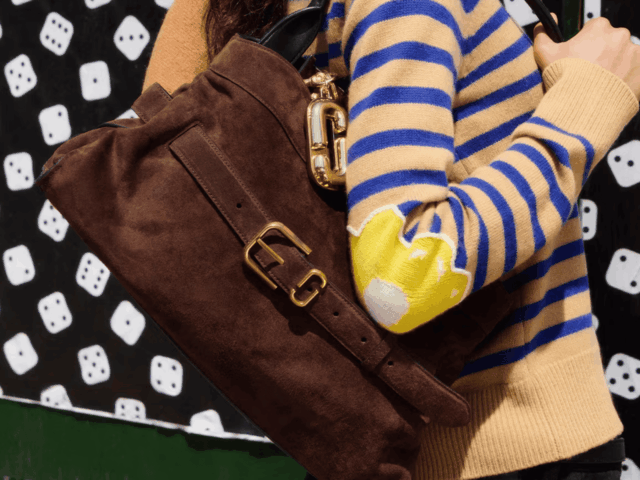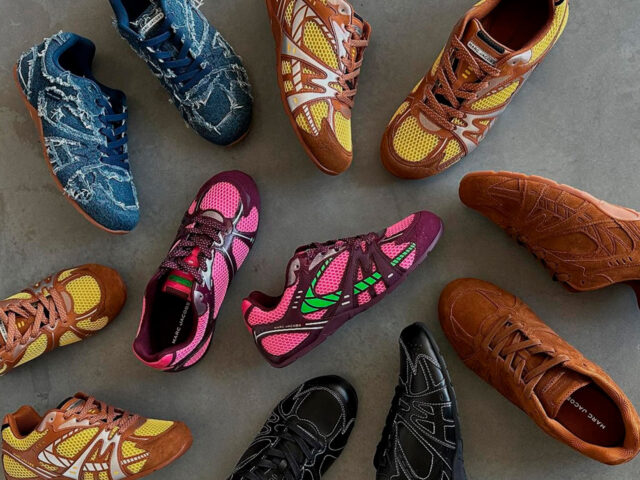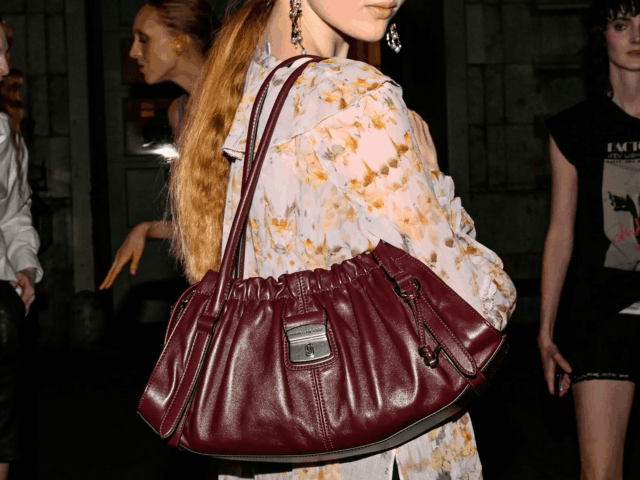The rumours are getting louder: luxury giant LVMH may be planning to part ways with Marc Jacobs. Yes, that Marc Jacobs — a name that has long been a key player in Bernard Arnault’s empire — but which, according to sources cited by Lauren Sherman in Puck, could be living its final days under the group’s umbrella.
Apparently, Authentic Brands Group (ABG) — the Jamie Salter-led conglomerate that owns everything from Brooks Brothers to Billabong — has reportedly made an offer valued at around one billion dollars, backed by the brand’s annual revenues of over $500 million. Other contenders such as WHP Global are said to have been in the running, but ABG is already moving pieces to appoint a new CEO and take over the brand’s creative and commercial direction.
For ABG, which generates $38 billion in global retail sales, the move would be a serious power play: a genuine acquisition beyond the licensing model that dominates its portfolio, and a strategic way to strengthen its partnership with Coty in the fragrance business.
Following its recent majority stake acquisition in Guess, Jamie Salter seems to be rewriting the rulebook: fewer licences, more ownership. This shift could also benefit from the expertise of industrial partners like G-III Apparel — current owner of Donna Karan and former producer of Calvin Klein — to steer Marc Jacobs’ day-to-day production and distribution.
In that light, the Marc Jacobs universe could be reborn under a more flexible, liberated model — freed from LVMH’s corporate machinery. It would open the door to independent collaborations, new creative narratives, and a wider commercial expansion for lines like Heaven by Marc Jacobs, which has already become a global phenomenon among Gen Z.
Why would LVMH want to let go of Marc Jacobs?
After a deep internal restructuring, the brand has returned to profitability, reportedly bringing in €600 million in 2023. Its renewed cultural momentum is fuelled by Jacobs’ viral shows, his magnetic social media presence, and the youthful energy that Ava Nirui injected into Heaven, the second line that revived the early-2000s irreverence for a new generation.
Marc Jacobs isn’t just one of the most influential designers of his generation — he was also one of Louis Vuitton’s most celebrated creative directors. His 40th anniversary in fashion — marked by a viral runway show and a Pharrell-starring campaign — proved that his relationship with Arnault remains strong.
The issue doesn’t seem to be creative, but strategic. The brand is no longer essential within LVMH’s ecosystem: it doesn’t appear in the group’s quarterly reports — which, in Arnault’s language, means it’s no longer core. Just as he did with Stella McCartney, Arnault could be in the midst of a fine-tuning phase: focusing on high-margin maisons and lightening the corporate load to sharpen the group’s focus on ultra-European luxury.
At a time when the fashion industry is facing a global slowdown, Arnault may be refining his empire, shifting towards a model where collateral investments — through L Catterton — replace direct ownership of smaller brands. A cold yet elegant strategy, entirely in tune with the group’s DNA.
Is this the final goodbye between Marc Jacobs and LVMH? If fashion has taught us anything, it’s that breakups are never truly final.
Marc Jacobs and A.P.C. are heading back to class with their FW25 collection.
Sigue toda la información de HIGHXTAR desde Facebook, Twitter o Instagram
You may also like...
